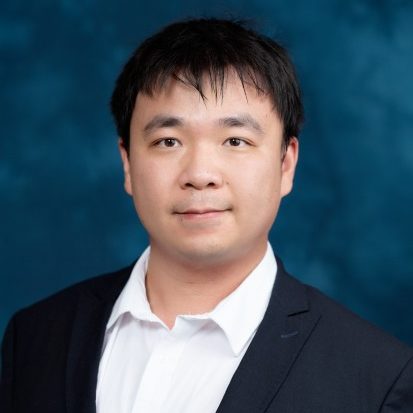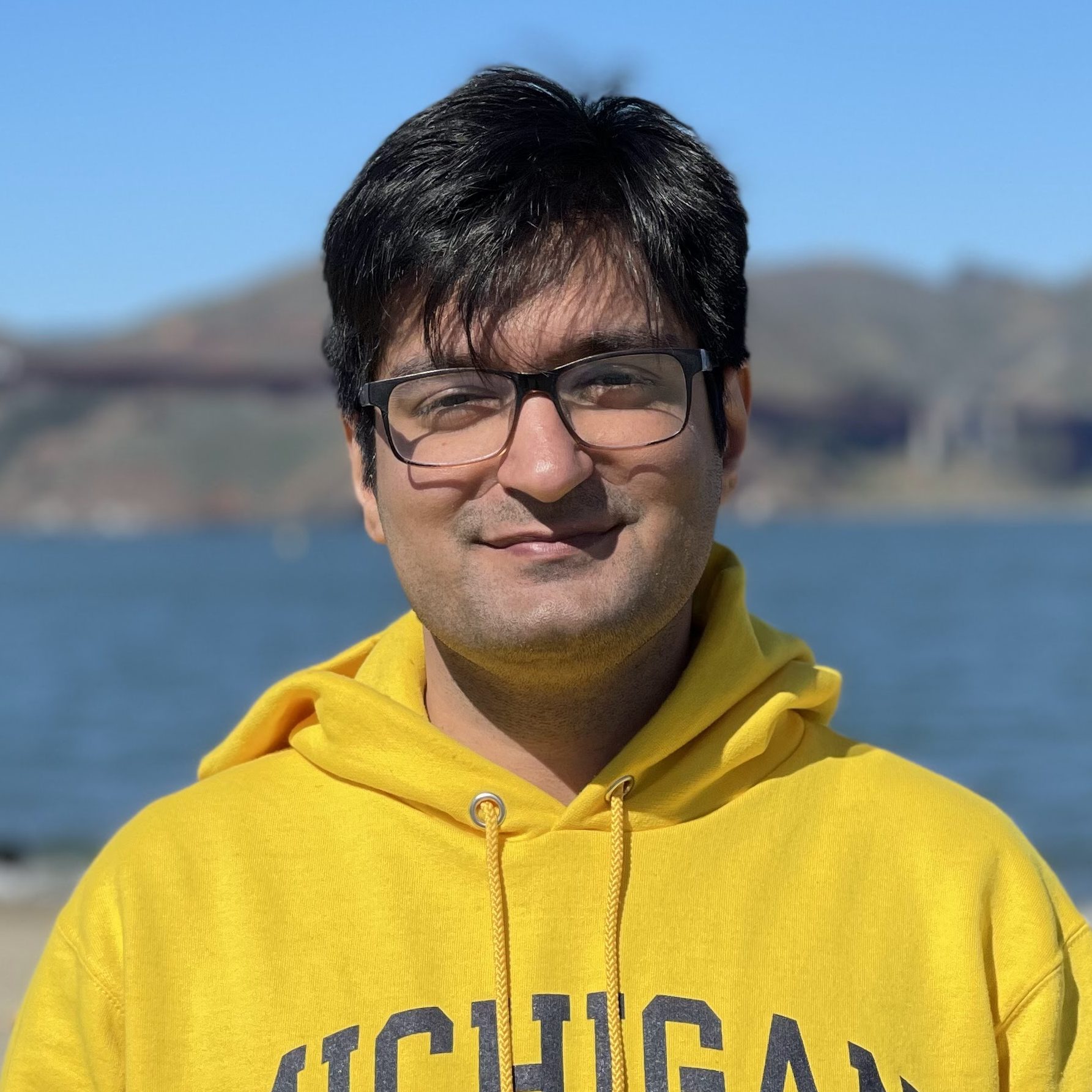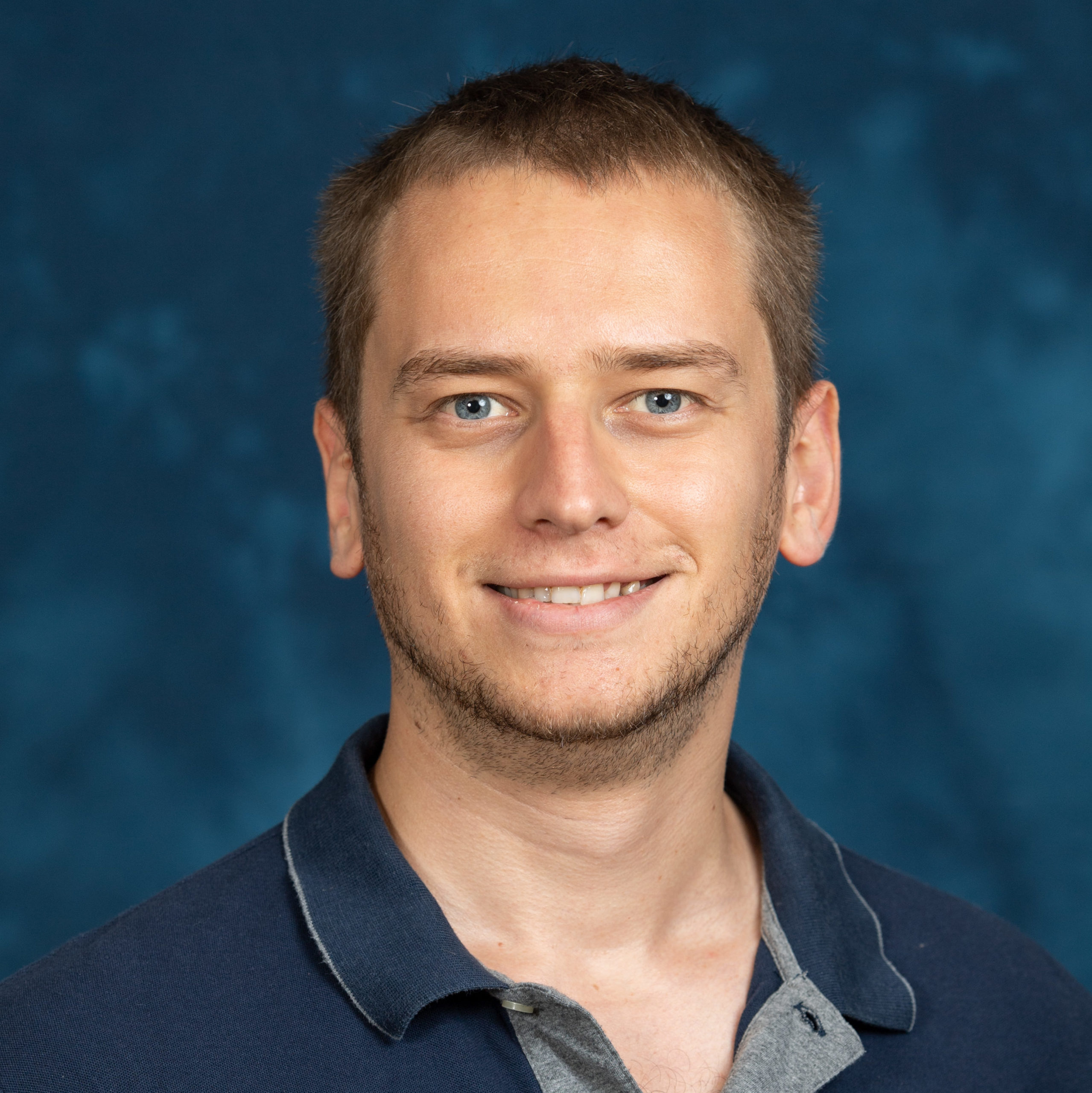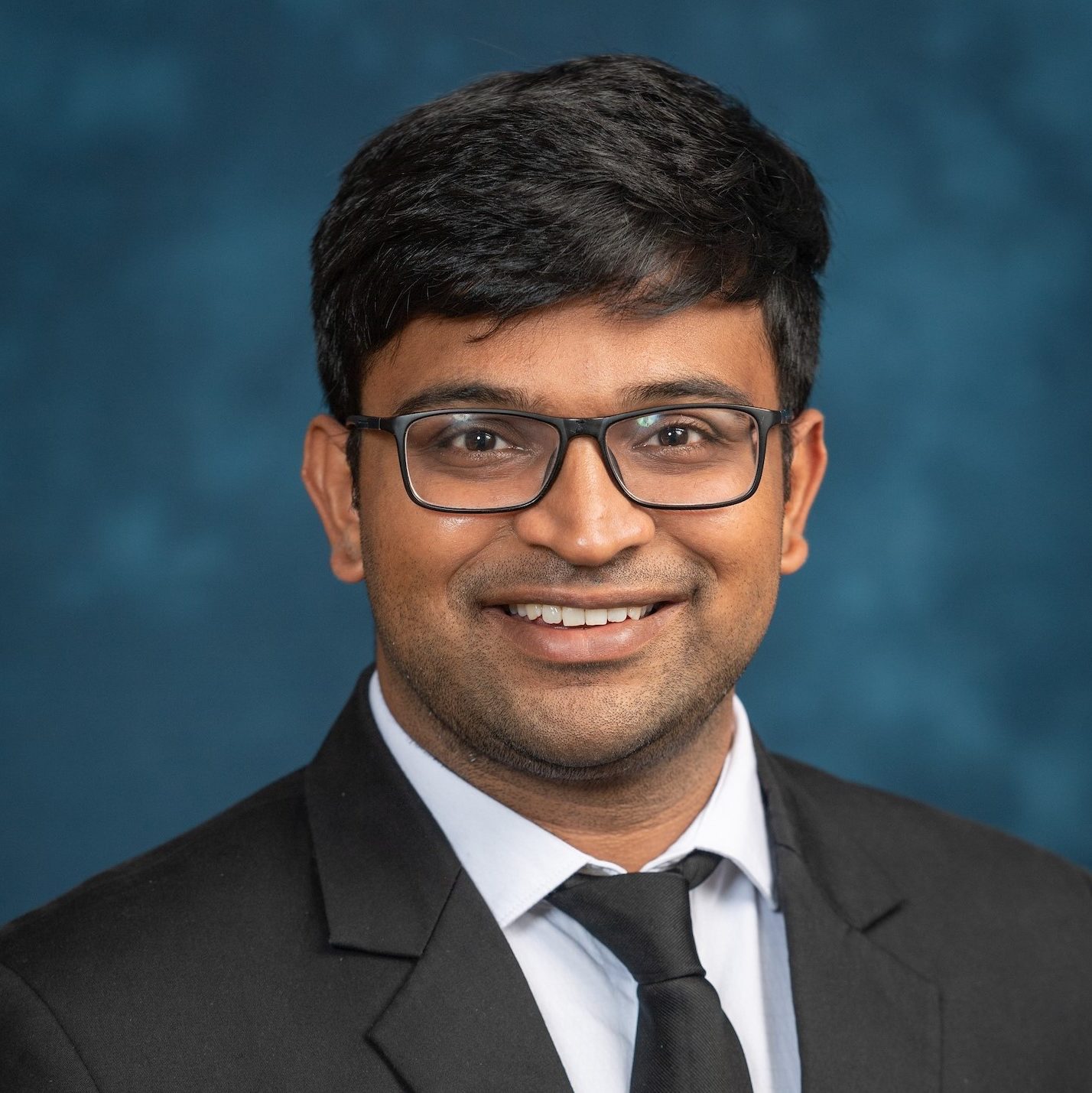The Rackham Predoctoral Fellowships receive approximately 240 nominations each year and are able to award around 85 fellowships. For the 2023-2024 academic year, four mechanical engineering (ME) students have been selected for this fellowship. The Rackham Predoctoral Fellowship supports outstanding doctoral students who have achieved candidacy and are actively working on dissertation research and writing. The Fellowship seeks to support students working on dissertations that are unusually creative, ambitious, and impactful.
Congratulations to the following ME awardees!
Zhenkun Lin

“My research focuses on dynamic analysis, vibration control, and finite element analysis. Specifically, I work on designing intelligent engineered material systems for low-frequency vibration and wave propagation control. I focused on solving two significant challenges in vibration control: (i) designing compact and light-weight material systems for low-frequency acoustic/elastic wave control; (ii) devising tunable/reconfigurable artificially engineered structures adaptable to different requirements and environments, e.g., operating frequencies, geometric scales, and vibration patterns. To this end, I proposed different artificially engineered structures based on various mechanisms for low-frequency vibration control, including slender beams, threaded rod-nut resonators, origami-inspired folding mechanisms, piezoelectric shunts, and nonlinear curved beam resonators. The findings in my work can be used in a broad range of engineering applications, e.g., energy harvesting, signal demultiplexing, and imaging with enhanced resolution.”
Hossein Moghimian

“Cell signaling and communication is one of the most important characteristics of multicellular organisms and is highly likely to be the mechanism that brought multicellular organisms to life. Engineering novel cellular communication mechanisms or developing therapeutic tools for replacing a dysfunctional signaling system are potential remedies for numerous diseases. In cases like neuronal communication and cytotoxic T-cell activation where highly specific and targeted signaling is required, cells utilize contact-dependent mechanisms for communication. My research focuses on developing bottom-up synthetic biology platforms for recreating and engineering intercellular interfaces with designed functions. These platforms can be utilized to either create specialized cell-cell interfaces that fulfill a specific goal such as cell signaling or to help us better understand the minimal molecular interactions that are required for certain functions. Additionally, bottom-up reconstitution of functional cellular interfaces promises the development of novel signaling mechanisms as potential replacements for dysfunctional natural systems.”
Anil Alan

“The most critical requirement in designing today’s autonomous systems is safe operation even if they are surrounded with environmental or operational uncertainties. The safety-critical solution for these systems should not be intrusive in the sense that a nominal operation based on a certain task can be maintained as long as possible. While the well-known control barrier functions provide us practical ways to calculate safe conditions, their mathematical guarantees may deteriorate in the presence of uncertainties. Uncertainties are typically overcome by considering the worst-case scenario affecting the system. However, this preemptive approach often yields undesirable performance. For an autonomous vehicle, for example, it allows other vehicles to cut in the large headway space left by an unnecessarily overcautious autonomous driver. My specific research goal is to improve the control barrier function framework by introducing more flexible compensation for uncertainties.”
Hrishikesh Danawe

“In my dissertation work, I am studying novel design concepts for a particular class of metamaterials called phononic crystals (PCs) which are artificially engineered periodic structures. My work involves designing PC-based elastic lenses for wave focusing in thin elastic structures. Elastic wave focusing has a potential to benefit many applications such as ultrasonic imaging, energy harvesting, sensing, nondestructive evaluation and testing, and so on, where the localization of wave energy in a small spot is desirable. I am working on generalizing the concept of gradient index phononic crystal (GRIN-PC) lenses to non-planar structures and designing negative refraction-based flat PC lenses for subwavelength focusing of flexural elastic waves in thin plates. I am also exploring a possibility of PC-based sensor design which would potentially help to determine the acoustic properties of unknown liquid samples using defect-mode-enabled wave localization in phononic crystals.”